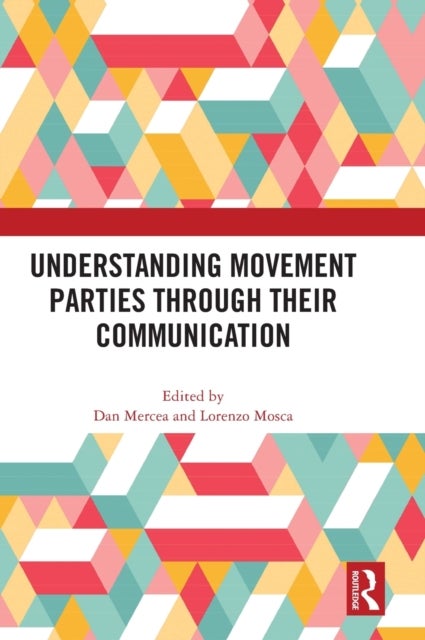
Understanding Movement Parties Through their Communication
1629,-
<p>In many countries, movement parties have swayed large tracts of the electorate. Contributions to this edited book reflect on the place of movement parties in democratic politics through analyses of their communication. Reviewing evidence from several countries including cases from Europe, Australia and India where movement parties have gained ground in politics, this book illuminates the important role that communication has played in their rise as well as the issues surrounding it. Movement parties have expressed greater sensitivity to neglected issues, a commitment to renewing links with marginalized social groups through more direct—chiefly online—communication with them as well as an ambition to overhaul both the party organization and the political system. In doing so, they have signalled a desire to disrupt and reimagine politics. Yet, the critical examination of their efforts—and of the communication environment in which they operate—against questions








